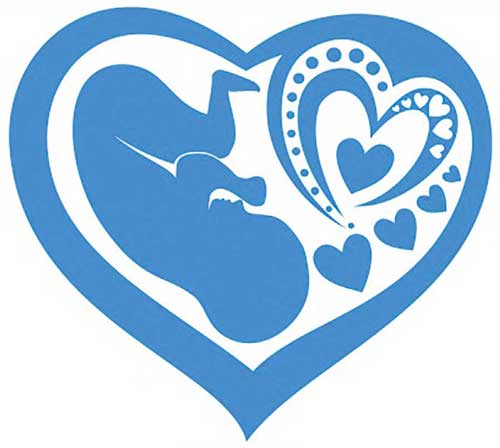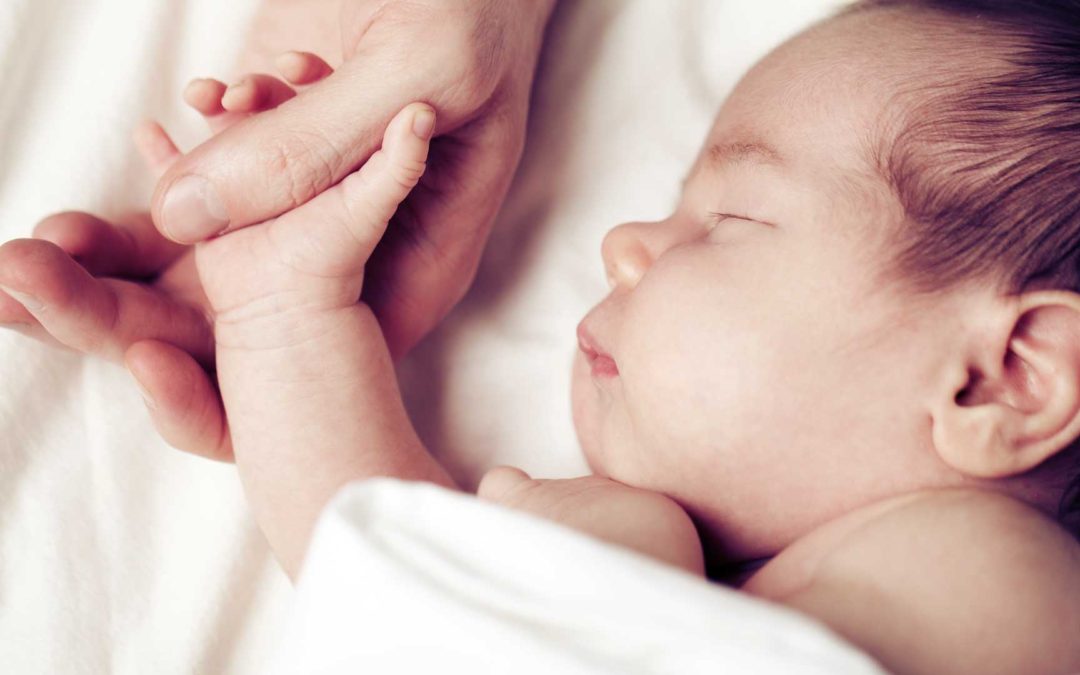It is a pleasure to be acknowledging Birth Psychology Month and to expand on insights which ask that we recognize and consider more than solely the emotional and physical experience a mother goes through when she is pregnant, but to also become interested in the complex gestational experience a baby goes through.
Thanks to the medical field of pre and perinatal psychology, which integrates research from epigenetics, the polyvagal theory, and attachment theory, there is a much better understanding of a baby’s journey from preconception to 18 months and into the formative 4 years of early childhood, all of which contribute to consciously creating a healthy foundation for human life.
There have been many efforts and advancements in supporting pregnant mothers to make informed decisions regarding achieving optimal health during their pregnancy and regarding the physical health of their prenate developing and growing a body while in utero. What appears to be somewhat of a new consideration to expectant parents and maternity practitioners, however, is to reflect more deeply on the emotional experience the in-utero baby is having. For instance, how was this baby welcomed when conception was first discovered by the parents, extended family and close community? Is the baby being acknowledged through simple, yet consciously repetitive daily prenatal bonding practices, such as being spoken to, sung to, and read to?

When a practice of inclusivity is adopted by the parents, they develop their own intuition to consider how their unborn baby may be feeling whenever there are maternity appointments, decisions being made and why. It then becomes more and more normal to preview the prenate whenever there may be a medical exam or intervention. When there is a collaboration between parents and maternity practitioners to adopt this inclusive approach, the emotional wellbeing of the prenate becomes part of all the conversations and decision making.
Canadian doctor Thomas Verny encountered these first thoughts back in 1975 and after more research, published a book in 1981 called “The Secret Life of the Unborn Child”. It was a catalyst in the pioneering of the medical field of pre and perinatal psychology. Soon after, Dr. Verny founded what is now called, the Association for Pre and Perinatal Psychology and Health (APPPAH) and he organized its first congress in Toronto in 1983. After 8 years as the elected president of APPPAH, his colleague David Chamberlain PhD, a California psychologist who studied and researched birth memory, was next elected. Another significant medical proponent relating to this field is Jaap van der Wal, MD, PhD, an embryologist who acknowledges not only the physical, but also the emotional experiences of life in-utero.
Interestingly, biodynamic craniosacral therapy’s principles also play an important role in upholding pre and perinatal health for it is rooted in embryology and takes a special interest in the human physical and emotional embryonic experience. For example, the rhythmic movement that exists in every part of the human body and its memory of gestational patterns while developing and growing. BCST also pays close attention to the human blueprint of health that is well preserved by prenatal bonding and early secure attachment.
When working with maternity clients, the support expectant mothers ask for is diverse. In my practice health priorities range from requesting support with establishing a deeper connection with their in-utero baby, with alleviating varied physical discomforts, as well as preparing for childbirth and breastfeeding. New families are fortunate that so much insightful support exists for the dyad relationship between mother and baby and for the triad relationship between the parents and baby.

